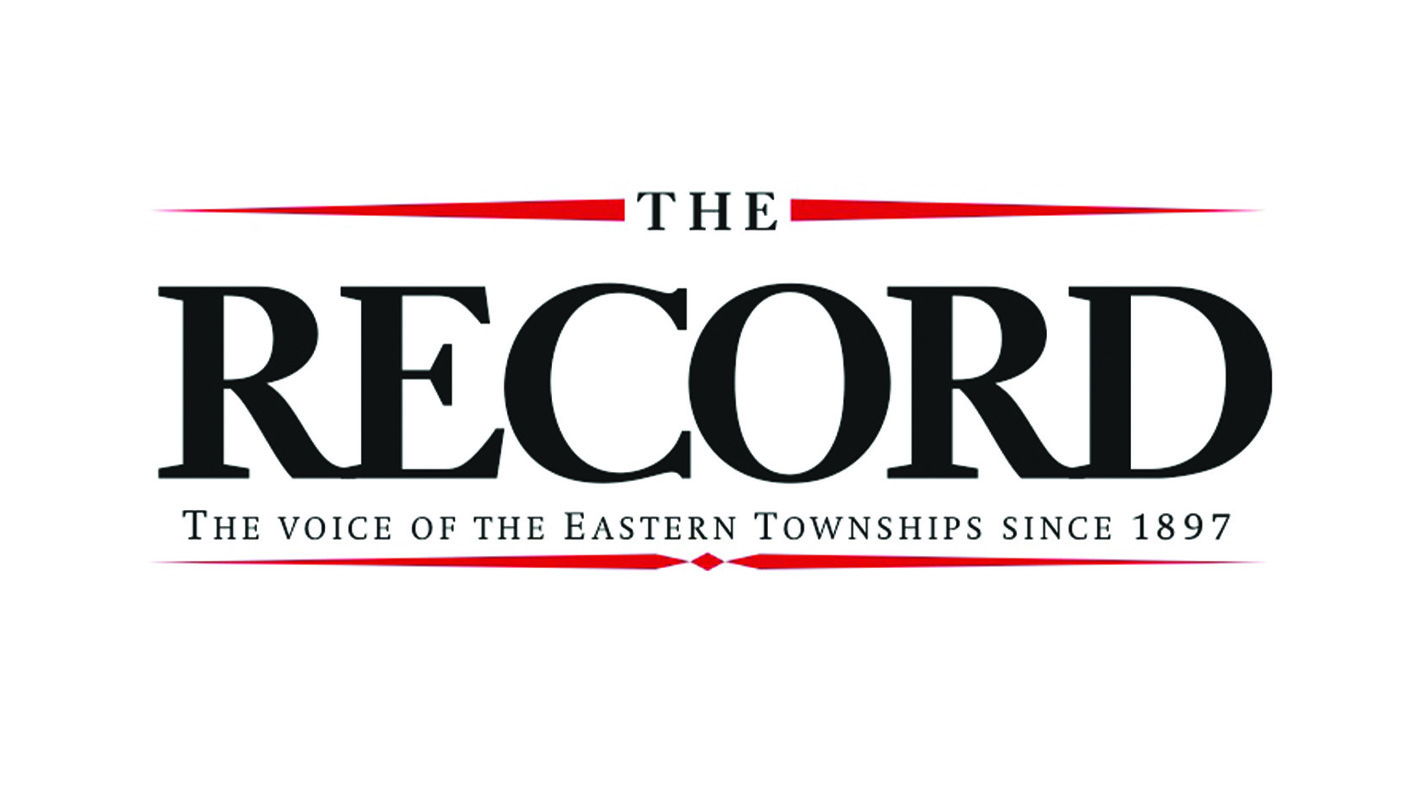By Dian Cohen
What we learned in 2021
• It is possible to have substantial parts of the workforce working remotely. Before Covid, this was generally unthinkable. Today, THE major business worry is finding and retaining employees.
• Just-In-Time supply chains are great … when they work. But they are substantially more fragile than we believed and Just-In-Case redundancy is wise, not wasteful.
• Supporting local businesses and services close to home is prudent. We should have known this before Covid. As of 2019, small businesses employed 8.4 million individuals in Canada, or 68.8 percent of the total private labour. These are our neighbors. They care about and are invested in the well-being of our communities and their futures. They’re more likely to use other local businesses. They’re more accountable to their local communities and donate more money to non-profits.
• Democracy cannot be taken for granted. Watch for a continuation of governance moving from democracy to autocracy. The Council of Foreign Relations, which tracks democracy around the world, points to the Jan. 6 insurrection in the US that saw its peaceful transition of power disrupted for the first time in its history, and the many states restricting voter rights, and led them to naming the US a “backsliding democracy.” India Prime Minister Narendra Modi’s attacks on critics has led to a downgrade of India from “free” to “partly free”. Brazilian President Jair Bolsonaro has attacked the legitimacy of his country’s elections. Fledgling democracies in Myanmar, Chad, Mali, Guinea, and Sudan all were ousted in coups. Meanwhile, authoritarian governments continued to suppress dissent. Think Russia’s imprisonment of opposition leader Alexei Navalny; Belarus’ diversion of a passenger jet to arrest a prominent critic; China’s tightening grip on Hong Kong.
• Climate change pledges aren’t accomplishments. The transition away from fossil fuels poses difficult choices but Mother Nature doesn’t give credit for degree of difficulty.
• The era of disruption, volatility and unpredictability is not going away – it’s the new normal.
What we watch for in 2022
• The rise of the accordion economy. The theme is unpredictability and volatility. Shane Grant, Danone CEO said it best: “…volatility in our supply chain, from input availability, capacity, transportation, labour.. It’s this accordion economy of stop-and-go and the adaptations required.”
• New antibody and antiviral treatments, and better vaccines. By the end of 2022, vaccines, better treatments and a layer of natural immunity from prior infection could consign Covid-19 to the ranks of ordinary seasonal infections that people rarely worry about.
• The deceleration of inflation by the end of the year. Stimulus taps are being turned off around the world. As vaccination rates rise, more workers may return to the work force, and spending may shift back toward services, helping alleviate goods shortages. Energy prices should fall with energy demand and increased fuel production. Equally important, central bankers have not forgotten how to rein in inflation. Indeed, in 2022, interest rates will rise across much of the world.
• A more widespread understanding of the metaverse and cryptocurrencies. The next iteration of the internet, designed to bring the digital and physical realms together is here and growing, as is the fight for the future of finance. If you have ever used a beauty website or an eyeglasses website to try on makeup, or glasses, you’ve already engaged with the lower tier of the metaverse. As for crypto, central banks are researching whether to issue their own digital currency.
• The institutionalizing of workforce flexibility. The big theme is “people want to be in control of their future, more than ever before, because so much is changing around them.” A CNBC CEO Business Roundtable in this month found unanimity in ideas like gender-neutral parental leave, for not only corporate workers, but frontline workers; true commitment to diversity actions; innovative policies designed to retain talent. Getting the “right balance” to retain workers is what keeps CEOs up at night.
Cheers to the New Year and another chance for us to get it right.
Dian Cohen trained as an economist and is a founder of the Massawippi Valley Foundation. Cohendian560@gmail.com






